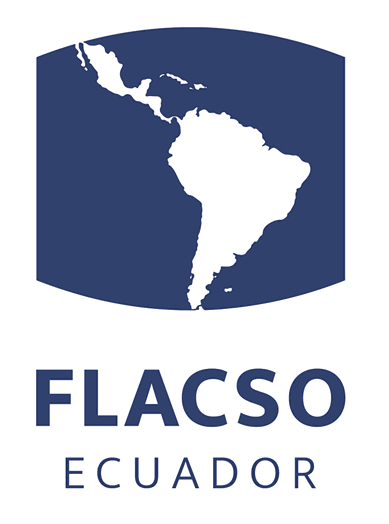Por favor, use este identificador para citar o enlazar este ítem:
http://hdl.handle.net/10469/14315Registro completo de metadatos
| Campo DC | Valor | Lengua/Idioma |
|---|---|---|
| dc.creator | Ruiz Rodríguez, Leticia M. | - |
| dc.creator | Miranda Olivares, Nicolás | - |
| dc.date | 2017-07 | - |
| dc.date.accessioned | 2018-12-17T16:11:24Z | - |
| dc.date.available | 2018-12-17T16:11:24Z | - |
| dc.identifier.citation | Ruiz Rodríguez, Leticia M. y Nicolás Miranda Olivares. 2017. La evolución programática de las coaliciones en Chile. Revista Latinoamericana de Política Comparada 13: 57-78. | es_ES |
| dc.identifier.issn | 1390 - 4248 | - |
| dc.identifier.uri | http://hdl.handle.net/10469/14315 | - |
| dc.description | Este trabajo presenta un análisis de las posiciones de las dos coaliciones que han dominado el espacio político chileno desde el retorno a la democracia. Se utiliza la metodología de análisis de textos políticos desarrollada por el Manifesto Research on Political Representation (MARPOR). En concreto, se analizan los programas o planes de gobierno que presentan los candidatos a la presidencia de ambas coaliciones en las seis elecciones presidenciales que se han realizado entre 1989 y 2013 en Chile. Los cinco conflictos cuya relevancia se intenta capturar son: derecha/izquierda; pro mercado/pro estado; conservador/progresista, fortalecimiento/debilitamiento del Estado Nación y democracia/autoritarismo. El análisis mostrará que la dimensión ideológica y la relacionada con conflictos socioeconómicos, junto con las tensiones respecto al legado autoritario son los aspectos que más capacidad tienen para discriminar entre coaliciones. | es_ES |
| dc.description | This piece of research analyses the positions of both coalitions that have dominated the Chilean political space from the return to democracy. The methodology used is the quantitative content analysis of the Manifesto Research on Political Representation (MARPOR). More precisely, manifestos or governmental plans issued by the presidential candidates of both coalitions between 1989 and 2013 are examined. The article tries to capture the relevance of the following five conflicts: left/right, pro-market/pro-state, conservative-progressive, strengthening of the nation-state/weakening of the nation-state, and democracy/authoritarianism. Its results show that the ideological dimension and the one related to socioeconomic conflict, besides tensions regarding the authoritarian legacy, are the ones with more capacity to differentiate between coalitions. | es_ES |
| dc.format | p. 57-78 | es_ES |
| dc.language | spa | es_ES |
| dc.publisher | Quito: CELAEP | es_ES |
| dc.rights | openAccess | es_ES |
| dc.rights | Atribución-NoComercial-SinDerivadas 3.0 Ecuador | * |
| dc.rights.uri | http://creativecommons.org/licenses/by-nc-nd/3.0/ec/ | * |
| dc.subject | CIENCIA POLÍTICA | es_ES |
| dc.subject | POLÍTICA COMPARADA | es_ES |
| dc.subject | CHILE | es_ES |
| dc.subject | SISTEMA POLÍTICO | es_ES |
| dc.subject | SISTEMA ELECTORAL | es_ES |
| dc.subject | MARPOR | es_ES |
| dc.subject | ELECCIONES | es_ES |
| dc.title | La evolución programática de las coaliciones en Chile | es_ES |
| dc.type | article | es_ES |
| dc.tipo.spa | Artículo | es_ES |
| Aparece en las colecciones: | Revista Latinoamericana de Política Comparada Vol. 13 | |
Archivos en este ítem:
| Archivo | Descripción | Tamaño | Formato | |
|---|---|---|---|---|
| REXTN-RLPC13-03-Ruiz.pdf | Artículo - revista | 3,67 MB | Adobe PDF |  Visualizar/Abrir |
Este ítem está sujeto a una licencia Attribution NonComercial ShareAlike (CC BY-NC-SA 4.0)
Licencia Creative Commons



